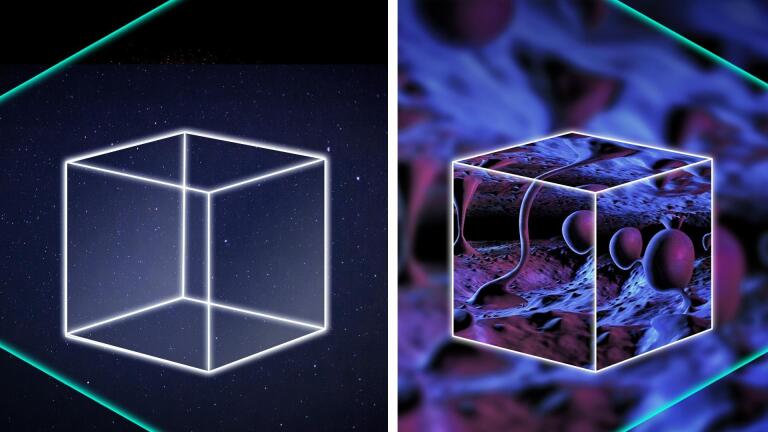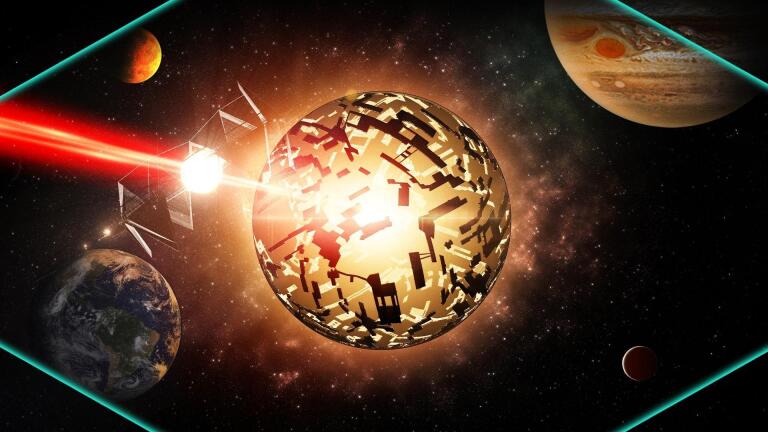Back to Show
PBS Space Time
Does the Planck Length Break E=MC^2?
Season 10
Episode 27
Every good nerd knows that E=mc^2. Every great nerd knows that, really, E^2=m^2c^4+p^2c^2 Want to know what that even means? Sure, I’ll tell you, but today I’d like to invite you to an even higher level of nerdom with extra bits to Einstein’s famous equation that will make even the greatest nerds quiver in their … space time merch if they turn out to be real.
Support Provided By

14:59
Spacetime on its smallest scale is an ocean of black holes and wormholes...or so we think.

11:49
Did JWST just find a new type of star powered by dark matter?

16:21
Did we just uncover new evidence to support Cold Dark Matter?

15:51
The gravitational wave background has probably been detected using a pulsar timing array.

15:05
Let’s explore how constant this speed of light fundamental constant really is.

14:39
Dark matter may be a quantum mechanical wave that literally holds galaxies together.

16:24
Has AI proven that the proton is made of 5 quarks rather than 3 quarks?

15:16
How close is too close for supernova explosions?

12:14
Could we turn our solar system into a spaceship and drive the Sun around the galaxy?

16:00
If we want to see quantum weirdness with our eyes, we’ll need Bose-Einstein Condensates.

16:42
Could LIGO find alien spacecraft accelerating to near light speed?

15:51
How can we tell the difference between fermions & bosons? Statistical Mechanics!











